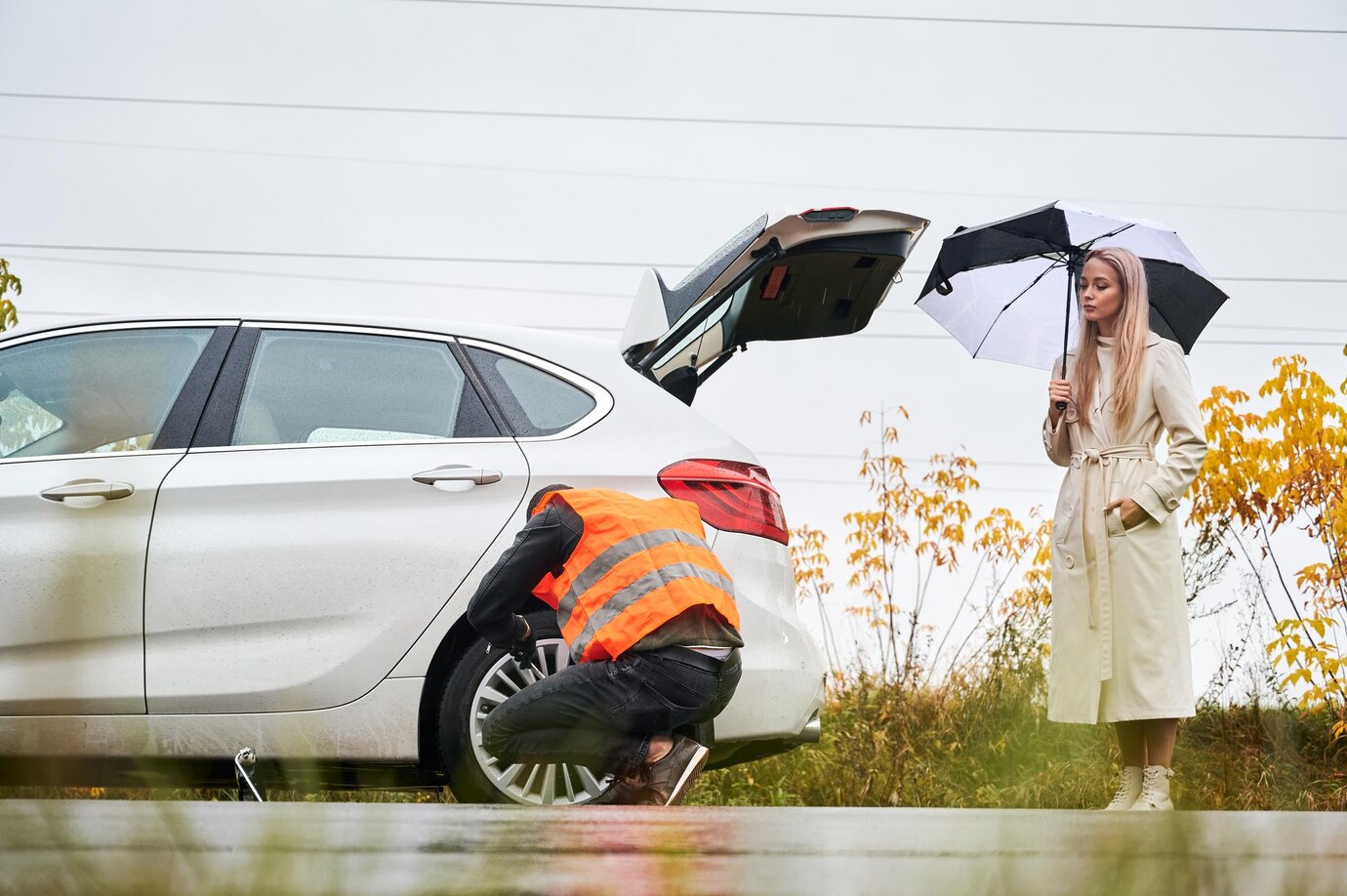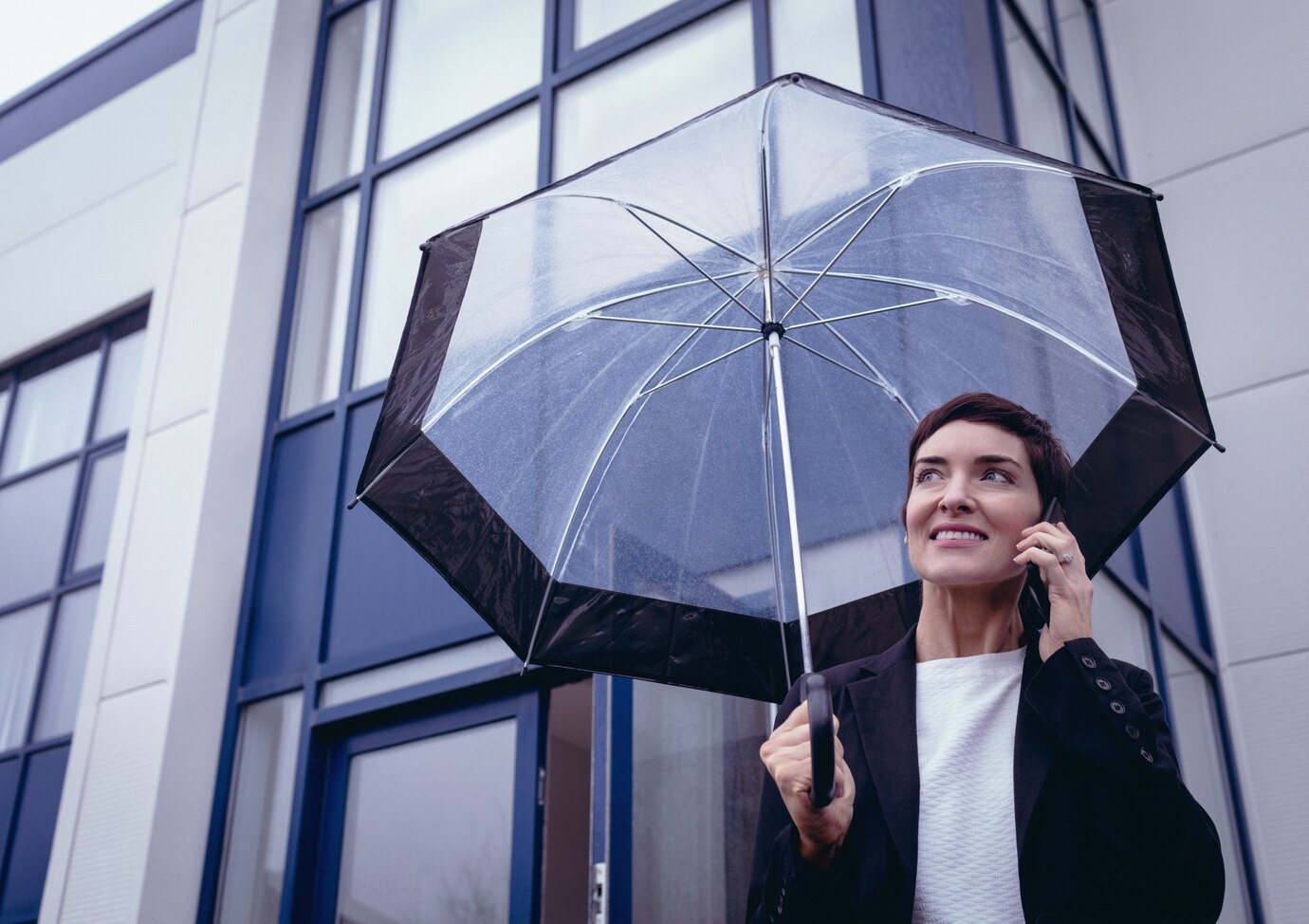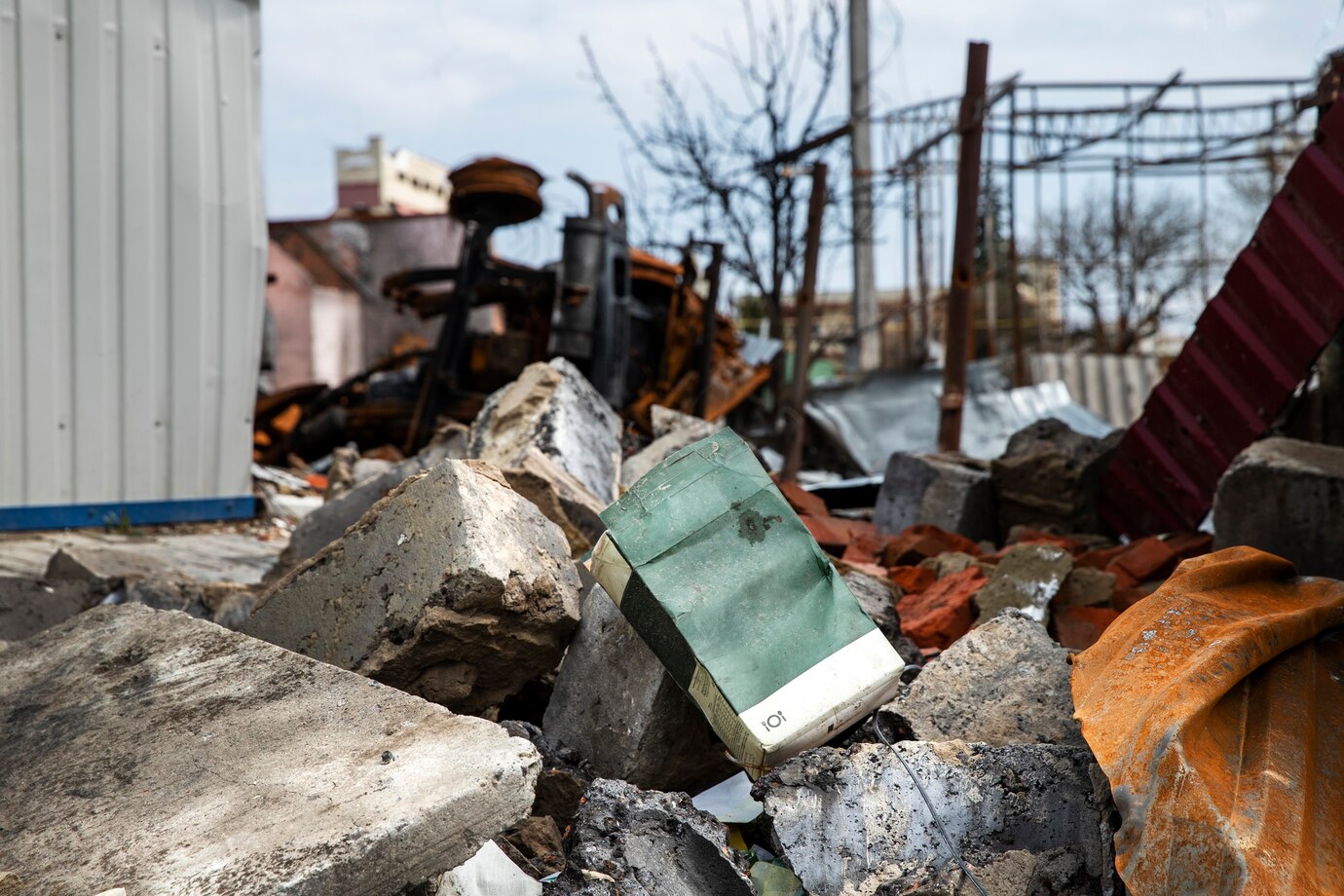Colorado is no stranger to severe hailstorms, which can cause extensive damage to homes, vehicles, and businesses. In fact, Colorado ranks among the top states for hail-related insurance claims, with billions of dollars in damages reported annually. If you’re a homeowner or vehicle owner in Colorado, having the right insurance coverage is crucial for protecting your property during hail season.
Understanding Colorado’s Hail Risk
Colorado experiences some of the most frequent and severe hailstorms in the United States. The Front Range, including cities like Denver, Boulder, and Colorado Springs, is known as “Hail Alley” due to its high frequency of storms between April and September. Hailstones can range from pea-sized to as large as a grapefruit, causing massive destruction to homes, roofs, windows, and vehicles.
In 2017, a single hailstorm in the Denver metro area resulted in over $2.3 billion in damages, making it the most expensive storm in the state’s history. With such high risks, homeowners and vehicle owners need to be proactive about insurance protection.
Does Homeowners Insurance Cover Hail Damage?
Most standard homeowners insurance policies cover hail damage, but it’s important to review your specific policy to understand what is and isn’t included. Here’s what you should check:
- Roof Coverage: Some policies provide full replacement cost, while others may only cover actual cash value, meaning depreciation is factored in.
- Deductibles: Many policies in Colorado have a separate, higher deductible for wind and hail damage. Make sure you know how much you’ll need to pay out-of-pocket before your insurance kicks in.
- Exclusions: Some policies may have exclusions for cosmetic damage to roofs. If you live in a high-risk hail area, consider additional coverage.
How to Protect Your Home from Hail Damage
While insurance is essential, taking preventive measures can help minimize damage and reduce costly claims:
- Upgrade to Impact-Resistant Roofing: Many insurers offer discounts if you install Class 4 impact-resistant shingles, which are designed to withstand hail damage.
- Install Storm Shutters or Screens: Protect windows and glass doors from hail impact.
- Maintain Your Roof and Gutters: Regular inspections can identify weak spots before hail season begins.
- Park Vehicles in a Garage or Carport: Keeping your car sheltered can prevent expensive damage.
Does Auto Insurance Cover Hail Damage?
Hail damage to vehicles is typically covered under comprehensive auto insurance. If you only have liability coverage, you may not be protected. Here’s what to consider:
- Comprehensive Coverage: This is the portion of an auto insurance policy that covers hail, flood, fire, and theft.
- Deductible Considerations: Choose a deductible amount that balances affordability with protection.
- Filing a Claim: If your car sustains hail damage, take photos and file a claim as soon as possible, as widespread storms can result in backlogged repairs.
Final Thoughts
Colorado’s hail season is unpredictable, but being prepared can save you from significant financial stress. Review your homeowners and auto insurance policies to ensure you have adequate hail coverage. Consider impact-resistant materials for your home, park your car in a garage when possible, and always act quickly if damage occurs. With the right precautions and insurance in place, you can weather Colorado’s hail season with confidence.











